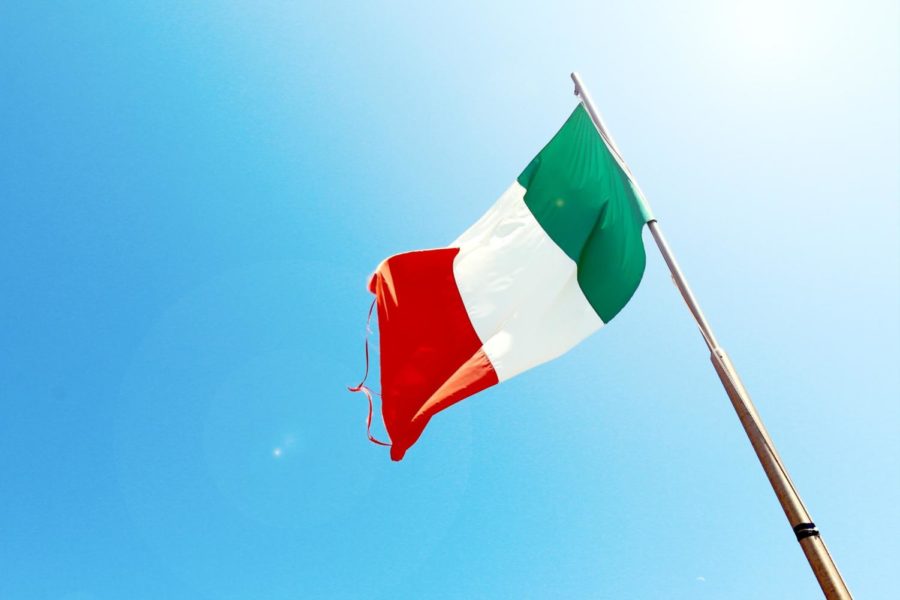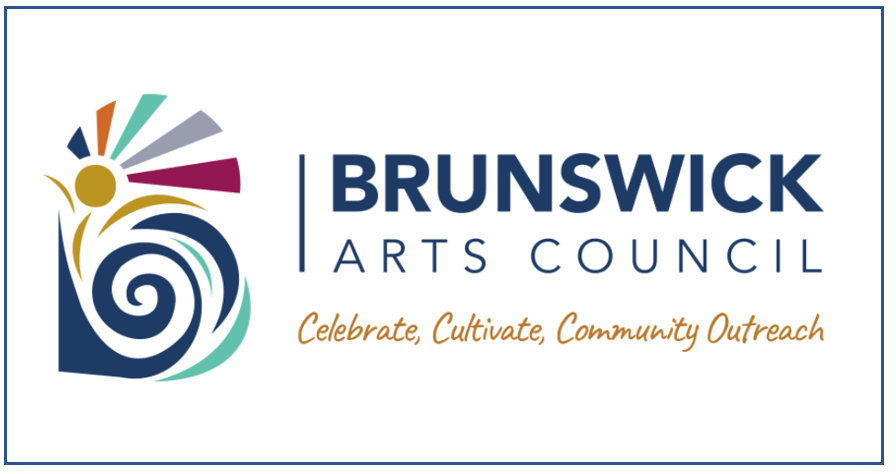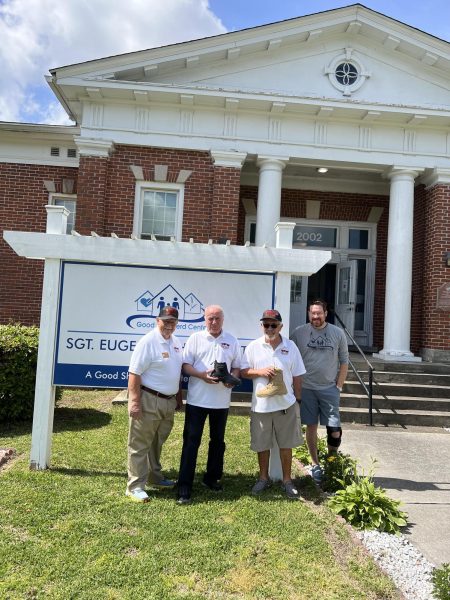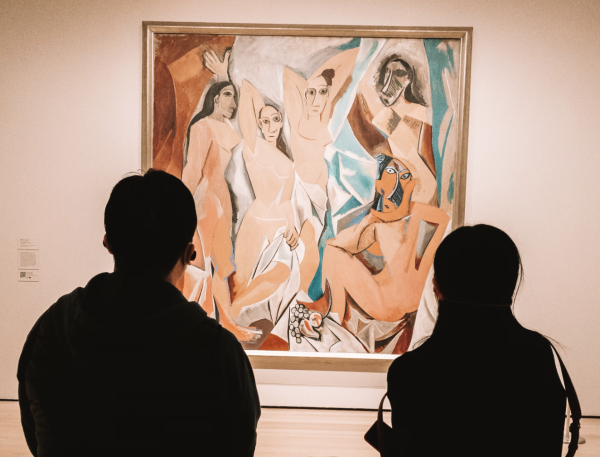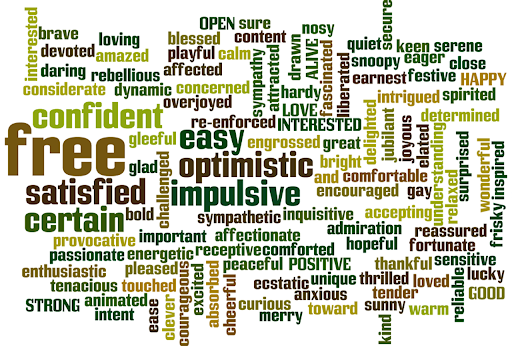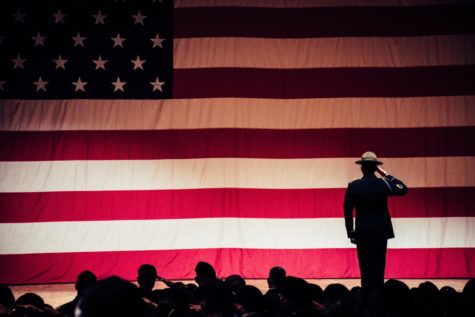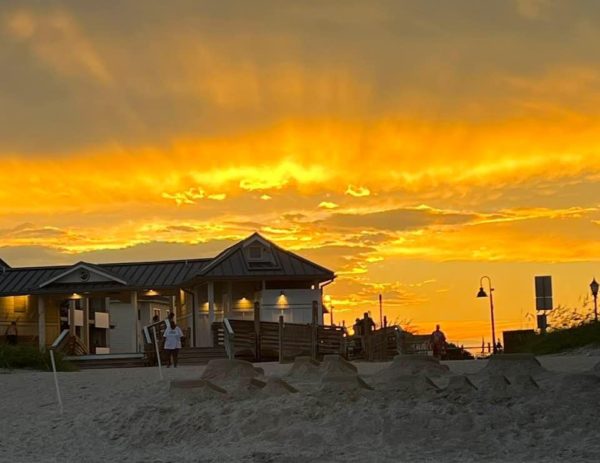McHale’s or Michelangelo’s Navy?
June 30, 2023
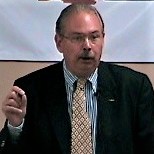
My books on the Italian-American experience (“Dances with Luigi” and “Under the Southern Sun”) were fortunately well received in that niche community and led to a series of signings, talks and lectures that made me, for the first time in my life in journalism, a significant part of the story. Dr. James Mancuso, a professor emeritus from SUNY in Albany had, in the early 2000s, retired to L.A. to be near his daughter who worked in the film industry. Jim more or less adopted me as a voice for our ethnicity and went about garnering invitations for me to speak at various places around L.A. that included UCLA, the Hollywood “Sons of Italy” chapter, and the then-annual Hollywood Italian-American festival. I did that festival for several years and we developed a program that included authors from all over the country writing in a similar theme.
One of the biggest conundrums for those of us writing seriously about our family’s history and ethnic origins was what we all perceived to have seen the damage created to our image by Hollywood, the very scene of our yearly festival. It’s no secret that “The Godfather” alone became one of the most quoted films of all time and every one of us sharing a vowel was kidded at one time or another about making offers that couldn’t be refused or knowing someone who could make an enemy sleep with fish. There are literally hundreds of Hollywood productions in which the Italian names are clearly identified and are clearly the hoods, murderers, and quintessential bad guys. It gets old.
We decided to take the topic head on at one of our festivals. We put together a panel of famous Italian-American actors to talk about our image in American cinema. We were delighted to have the likes of Ernest Borgnine, Ray Abruzzo (from “The Sopranos”) and Joe Mantegna grace our stage. While all of these men were seriously concerned about our ethnic image the main argument went, “well, those were to only roles available and we had to wait our turn until we could do more positive representation of our culture.”
Mr. Borgnine was the most eloquent. He told the story of how, after “From Here to Eternity” had come out in the early 50s (where he portrayed a brutal MP responsible for Frank Sinatra’s film death) he hailed a cab in New York. As they drove along the cabbie kept looking in the mirror. “Don’t I know you” he asked? Borgnine said he was an actor and that maybe the driver had seen one of his films. “Wait a minute,” said the cabbie, and brought the cab to a screeching halt, demanding that Borgnine get out of the car. “You’re the guy who called Frank Sinatra a ‘wop.’” It was just a role, argued Borgnine, I’m Italian. Didn’t matter to the driver who probably owned a vowel at the end of his name….
He went on to say that once he’d been offered the role of the epitome of IA bad guys, Al Capone. “I turned it down,” he said. “Not so much because it reflected badly on Italians but because I thought it’d been done to death and there was nothing artistic or original about the role.”
Could he have done more, I asked, to have furthered a positive role. For example, could “McHale’s Navy” have been “Michelangelo’s Navy?”
“You didn’t watch that show, did you?”
I confessed that I’d only seen snippets.
“I insisted on having a role for McHale’s grandmother in that show, an Italian with whom I spoke Italian. That was only a small contribution, but one I felt was important at the time. It helped with New York cab drivers if nothing else.”
I contacted Borgnine’s son after our session and asked if he could set up an in-depth interview with his father for a book I was working on at the time. The actor said he’d be delighted to talk with me, but the interview never came about because he died before we could make final arrangements. I only knew him from that one afternoon in Hollywood and much regret I couldn’t have spent more time with him. He was one of the few of his generation who had made a point of showing our heritage in a positive light. One of the far too few.

